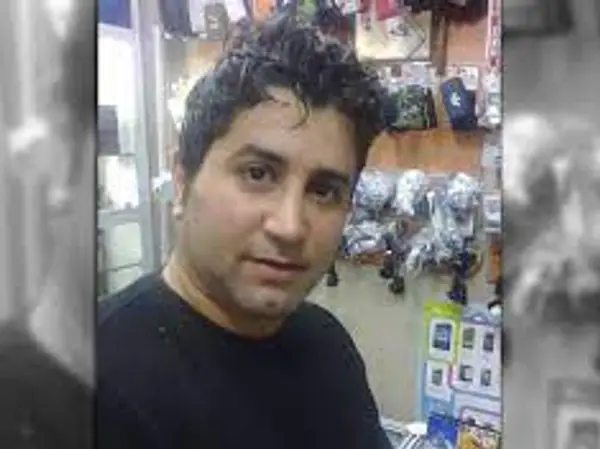The sister of a prisoner who died in prison in the past week says “security forces” made the family promise to bury him quietly before handing over the body.
"The elders of the family had to sign a pledge not to do anything, not to talk [to the media?], or they would not allow the funeral to be held," Azar Kianpour said in an audio file sent to Iran International TV Tuesday.
She said there had anyway been a “clash” at the funeral between “plainclothes security forces” and male cousins of the deceased.
Azar Kianpour said her brother, Adel Kianpour, demanding his case be reopened, told relatives last week he was going on hunger strike and would "either die or be set free.” She claimed he had been denied proper medical attention, that the family had found out about his death from a cellmate who phoned them, and that they had been left to search for his remains at various hospitals.
The family has said Adel Kianpour was arrested in August 2020 after returning home from abroad, and was sentenced to three years after conviction on offences over national security and ‘propaganda against the system.’ He was held at Shiban prison in Ahvaz, provincial capital of Khuzestan, and the family have said, sentenced to three years in prison.
At a regular press conference Tuesday, judiciary spokesman Zabihollah Khodaeian said Kianpour had been “convicted of financial crimes" that were “not political” and that he had not been refusing food.
"According to Ahvaz Department of Justice, the said individual was not on hunger strike,” Khodaeian said. “He complained about his health without showing any signs, was sent to a hospital and eventually passed away.”
In an audio message from prison sent to the Iran’s chief justice, Gholam-Hossein Mohseni-Ejei, and circulated on social media December 25, Kianpour called himself as a “political prisoner fighting for justice and democracy.”
Kianpour said he was going on hunger strike, and that he had returned from abroad – he did not say where from, or what his political background was – expecting safety. “You said that anyone with security issues who lives abroad should return to Iran and you will help them return to life,” Kianour said, addressing Mohseni-Ejei. “Did you mean life in prison?”
In February, the death in custody of Behnam Mahjoubi brought allegations of mistreatment. Mahjoubi, who was sentenced to two years’ jail after protests by Gonabadi Dervishes around the Tehran home of their leader, suffered from panic disorder and other health issues.
In June monarchist Sasan Niknafs, serving five years after convictions on national security grounds and ‘propaganda against the system,’ died at the Greater Tehran Central Penitentiary. Niknafs suffered from epilepsy and diabetes.
